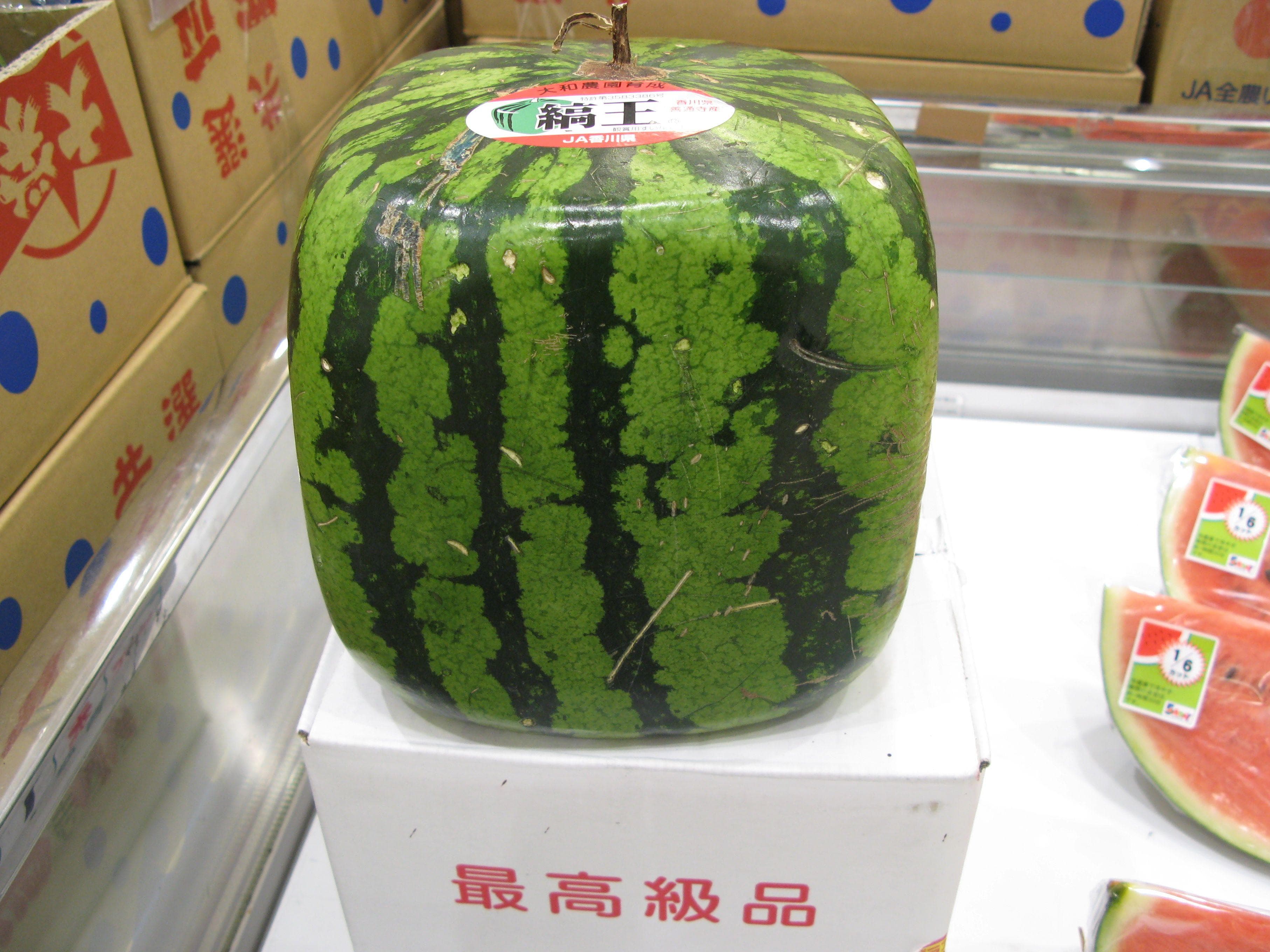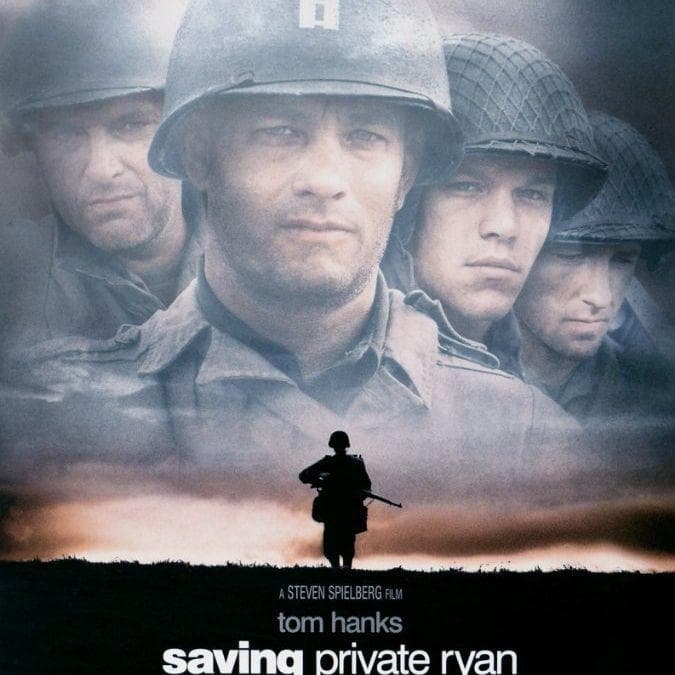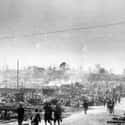-
(#6) Soldiers Engaged in Suicide Charges Rather Than Surrender
Colloquially referred to as "banzai charges," these attacks came when Japanese soldiers ran out of ammunition or otherwise faced imminent defeat. American troops faced the first banzai charge during the Thousand-Mile War in the Aleutian Islands in 1943. Japanese soldiers at Chichagof Harbor on Attu charged the American lines, bayoneting sleeping soldiers, then killing themselves if they could not break through. Soldiers were trained so that if they heard the command “Tenno Haika! Banzai!" (“Long live the Emperor! Ten thousand ages!"), they would charge en masse.
-
(#1) Japanese Citizens Feared US Soldiers Would Rape and Torture Civillians
The Japanese public was told by its government that invading American soldiers would act like pillaging marauders. Given the behavior of Japanese soldiers during the Rape of Nanking and that of Soviet soldiers during the "three days of rape and pillage" in Mukden, such a scenario wasn't far-fetched. Tragically, this belief led many Japanese civilians to commit suicide, rather than face capture by Allied forces.
Events during the Battle of Okinawa demonstrate the extent of this belief. Civilians had been hiding for days in one of the island's caves when American troops arrived. Two young boys charged from the cave wielding bamboo spears and were shot dead. The American troops then attempted to coax the civilians out of the cave, dropping leaflets in Japanese that explained how civilians would be treated well, and with respect. But the people in the cave feared this was misleading propaganda.
An 18-year-old girl named Haru Uechi reportedly shouted, "Mommy, kill me! Don't let them rape me!" The mother obliged, setting off a mass suicide in the cave. Parents killed their children, then themselves. Some of the bones from this incident remain to this day, a grim reminder of horrors that were in no way isolated to that small cave.
-
(#3) Japanese Civillians Were Under Constant Threat of Allied Firebombing
All told, the Allied strategic bombing campaign caused more death and destruction in Japan than the atomic bombs. During one raid in March 1945, more than 300 B-29 Superfortresses dropped two tons of incendiary bombs each on Tokyo's industrial centers. The resulting firestorm destroyed more than 15 square miles of the city. For comparison's sake, the island of Manhattan is about 23 square miles.
With working-class neighborhoods located adjacent to the factories, the loss of life and property was enormous. In the first six hours of the firestorm created by the bombs, more than 100,000 Japanese civilians died. In that month alone, three more such fire bombing raids took place. In the absence of proper air raid shelters, Japanese civilians hid in glorified holes dug in backyards and parks.
-
(#16) Japan Decapitated and Worked To Death POWs
To say the Japanese treated prisoners of war poorly would be an understatement. POWs were decapitated or otherwise executed for arbitrary reasons, and tortured in sadistically imaginative ways for reasons as stupid as "stealing" fruit from trees in the jungle. The Burma railroad provided ample opportunity to be worked to death. The Bataan Death March was just that, taking the lives of thousands. Transport ships holding POWs were not identified, and at least 10,000 POWs died on them as a result of allied attacks.
The treatment was so bad, Allied command was reluctant to believe it was true. The situation became most dire at the end of the war, when the Japanese were running out or rations and weren't sure whether to simply abandon their POWs or kill them. Initially, the impulse among Allied leaders was to dismiss rumors of such treatment as the result of a few rogue commanders. It wasn't until 1945, when substantial numbers of POWs were freed in Burma and the Philippines, that the true extent of the brutality was understood.
-
(#15) Tuberculosis Was a Major Problem on the Home Front
Tuberculosis, a bacterial infection that most commonly affects the lungs, was a major problem in Japan from when the country first started industrializing in 1895 all the way through World War II. Contracting the disease was viewed as a death sentence, and those afflicted were generally only admitted to a sanitarium near the very end. Families tried to hide diseased relatives, further contributing to its spread.
It was not until after the war, when medicine and better treatment methods were introduced by Allied occupiers, that rates of the disease fell. The introduction of streptomycin in 1948 marked a turning point for the treatment of the disease in Japan.
-
(#11) The Jewel Voice Broadcast Forever Changed Japan (and Caused a Fair Amount of Confusion)
When Emperor Hirohito announced Japan's surrender via the Jewel Voice Broadcast, it was the first time he, or any Japanese emperor, addressed the common people, and the first use of mass media to directly disseminate the voice of a Japanese emperor. Because the Japanese believed the emperor to be a god on Earth, this was a very big deal.
The content of Hirohito's announcement was radical, and forever altered the structure of Japanese society, changing the country from a top-down authoritarian state to a modern socialist nation. He said Japan aimed "To strive for the common prosperity and happiness of all nations, as well as the security and wellbeing of our subjects."
The announcement also purportedly caused tremendous confusion. The broadcast wasn't a direct address, but rather the playing of a previously recorded phonograph with pretty bad sound quality. On top of that, Hirohito used formal Japanese, which plebs neither spoke nor understood. If all that weren't enough, Hirohito never used the word "surrender." Add all that up and you have a pretty good recipe for confusion.
However, as per Robert Guillain, a French journalist who was in Japan when the announcement was made, accounts of confusion are exaggerated. Firstly, the broadcast included a clarification that Hirohito was in fact announcing Japan's surrender, in case anyone missed that point. According to Guillain, most Japanese civilians received the message in stunned silence and returned to their homes to digest it, in private and quiet, for several hours.
New Random Displays Display All By Ranking
About This Tool
Wars are cruel. During World War II, Japanese militaries invaded other countries brutally, not only causing heavy damage to the invaded countries but also to their own economy, society, and people. On August 15, 1945, the Emperor of Japan announced through radio that they were willing to accept the "Potsdam Convention" and immediately implement unconditional surrender, which marked the end of World War II.
Japan, which has just ended the war, was on the verge of collapse in its domestic society and economy, the cities are full of ruins left by war, and with such a large number of troops after the war, the Japanese government simply cannot feed them. The random tool lists 16 desperate realities for Japan at the end of the war.
Our data comes from Ranker, If you want to participate in the ranking of items displayed on this page, please click here.















